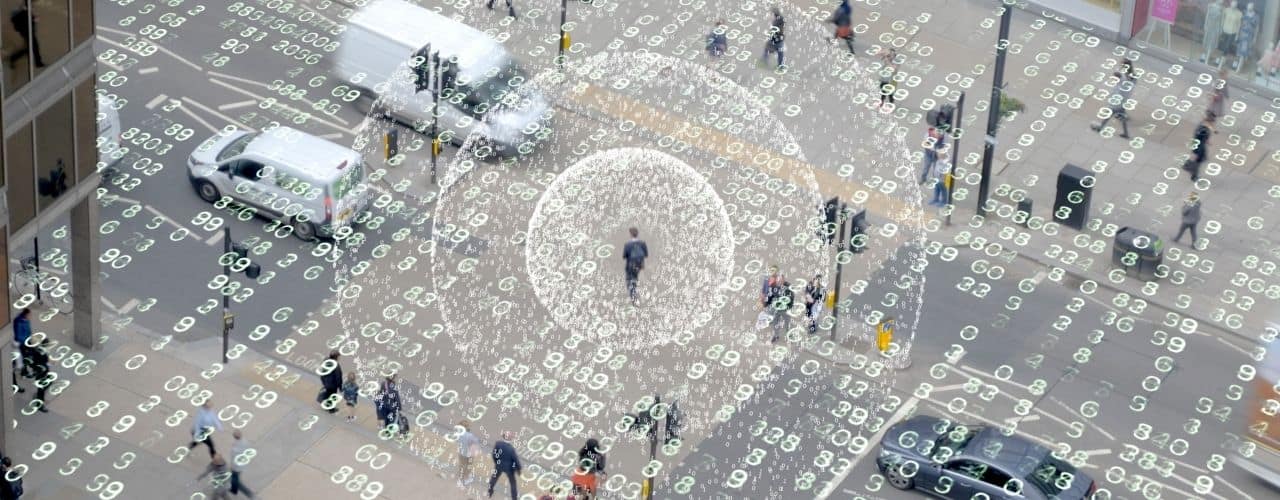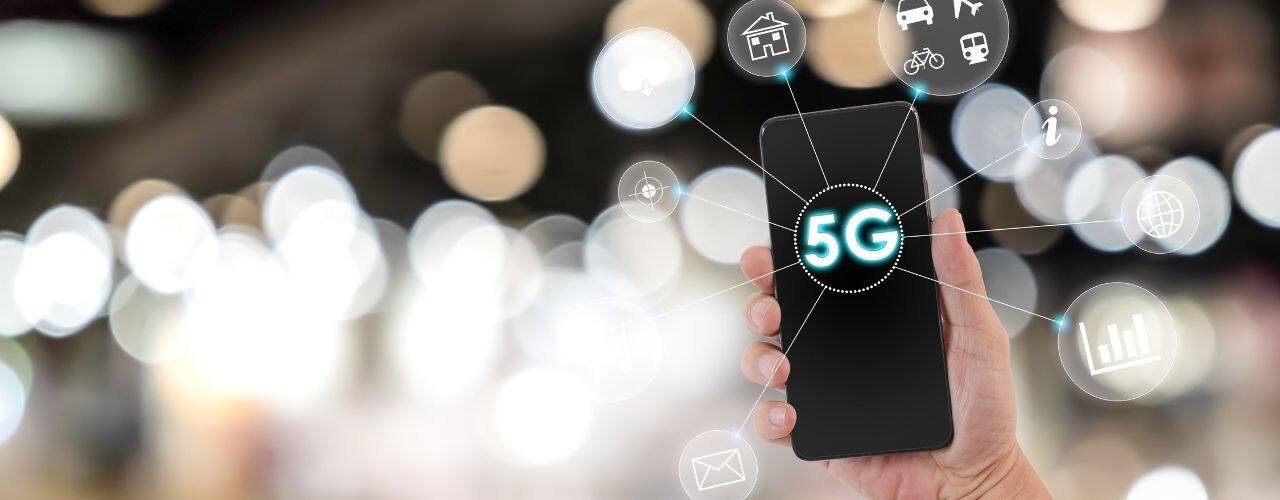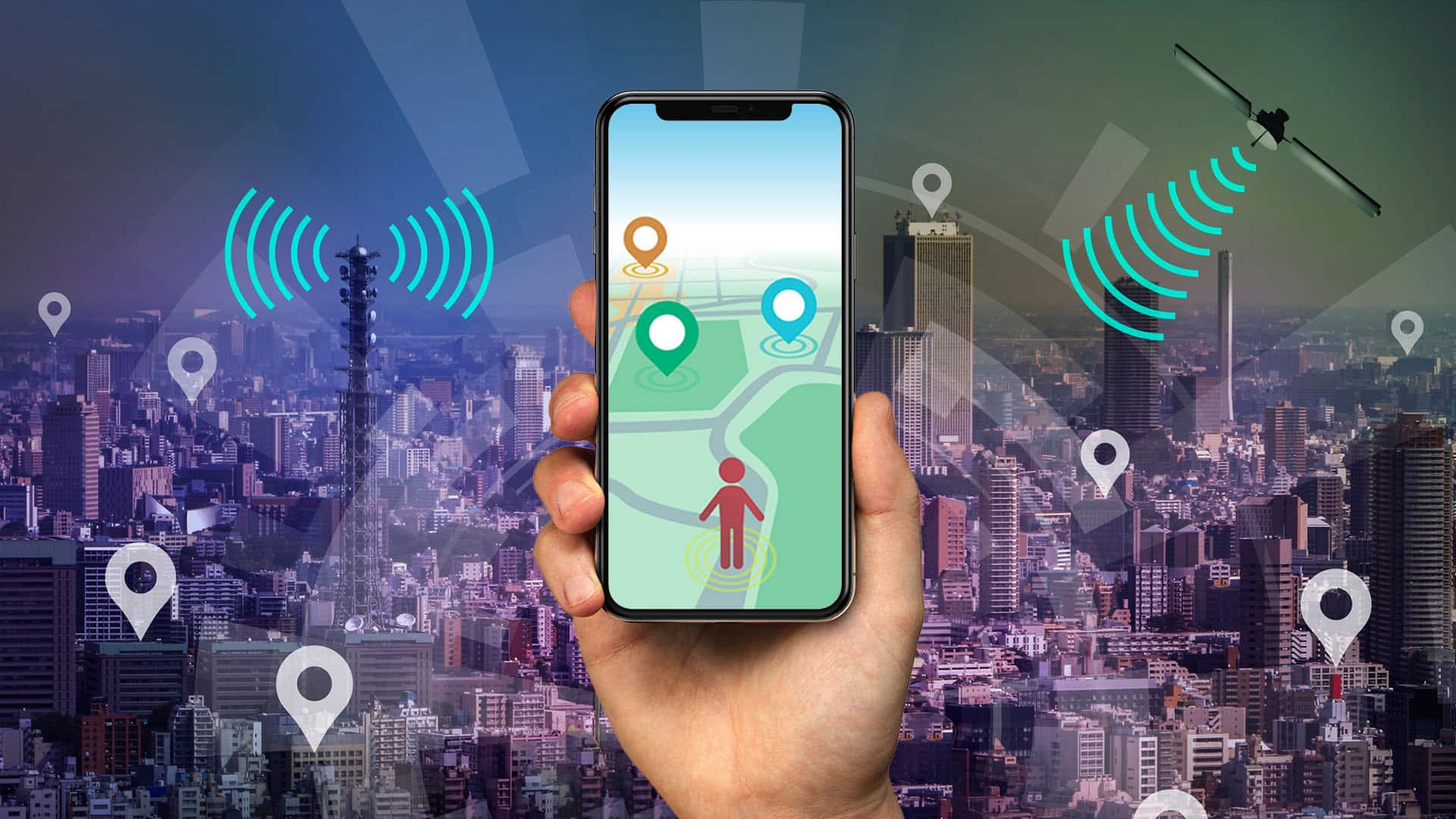Advertiser Disclosure: At Slickdeals, we work hard to find the best deals. Some products in our articles are from partners who may provide us with compensation, but this doesn’t change our opinions. Our editors strive to ensure that the information in this article is accurate as of the date published, but please keep in mind that offers can change. We encourage you to verify all terms and conditions of any product before you apply.
Reading Time: 7 minutesThanks to the sheer wealth of information available at our fingertips, the internet is a great tool for dispelling urban legends and old wives’ tales. It is also an incredibly potent way to invent new ones, spread the old ones and find a way to marry the two. The (mis)information highway is a double-edged sword, so knowing how to navigate it is crucial.
Technology myths continue to circulate for plenty of reasons. The rapid rate of advancement across everyday tech like phones and computers means many issues are naturally phased out long before the fixes become widely known. At the same time, some companies seem to allow overstated problems to remain in the public consciousness, as they present a great opportunity to sell solutions.
At the same time, some of the following misconceptions are still true to a certain extent, so the answers aren’t always clear-cut. Regardless, you can save money, make informed purchases and improve your user experience by educating yourself on some of the most common technology myths.
The Most Popular Outdated Technology Myths
1. Incognito Browsing is Completely Anonymous

Credit: iStock.com/fizkes
There are plenty of reasons to switch to an incognito browser — an embarrassing YouTube spiral, cheating on your social media break and trying to sneak an extra free trial are just a few examples. Whatever you’re doing (we don’t judge), your browsing history can be easily retrieved by your Internet Service Provider, network owner and even your employer. You can hide your history from yourself and your household, but a VPN is a much more secure option for truly anonymous browsing.
While there are plenty of solid VPN choices to consider, we’re big fans of NordVPN, in-part because it pretty much always has a discount sale running.
Shop VPN Subscriptions at NordVPN
2. Leaving a Static Image on Your TV Causes Burn-in
The year is 2002. After saving up a ton of money for a chunky plasma screen TV, you fall asleep during an hour-long infomercial with a static background and your screen is ruined.
Remember hearing stories like this? These kinds of experiences linger in the public consciousness, so people are generally cautious about preventing burn-in. This is a good instinct, but it’s not nearly the problem that it used to be. OLED and QLED TVs are still capable of retaining a burned-in screen, but it takes much longer and you will definitely notice signs of short-term image retention well before there is any permanent damage.
Read Next: Treat Your Pets to Quality Healthcare at Walmart PetRx
3. Your Phone Doesn’t Track Your Every Move

Credit: iStock.com/peterhowell
It’s hard to imagine a life without GPS, but easy navigation comes at the cost of privacy. In 2017, Princeton University conducted a study using an app called PinMe. Data collected from the app showed the many ways that your phone tracks your movement, even if you have your location and connectivity features turned off.
Air pressure readings and compass details from the internal gyroscope are used to pinpoint your geographic location. There are security measures that can reduce the amount of available tracking data, but it’s best to turn your phone off (or leave it at home) if you definitely don’t want to be tracked.
4. Closing All Your Apps Saves Battery
When you’re eating a meal, which is faster: eating four different foods on a single plate, or fetching each individual dish from the kitchen and putting it back every time you want a bite of something else?
The full plate puts a few extra ounces of strain on the table, much like how the myth of multiple opened background apps might put on one’s smartphone battery.
However, by making your phone retrieve all of the data required to launch an app over and over, you are actually running your battery down more than if you let apps run in the background. It’s still worth turning off battery-hungry features like background refresh and location services, but having the app idle and open doesn’t make a significant difference to your battery.
5. Let Your Phone Die Completely Before Recharging

Credit: @lelia_milaya via Twenty20
When portable phones first hit the market, nickel-cadmium batteries were the industry standard. NiCad batteries retain the memory of their previous charge cycles, leading to poor charge quality and battery degradation if you plugged your phone in before the battery “knew” it was dead.
Today’s smartphones use lithium-ion batteries, which do not have this issue. Li-Ion batteries slowly lose juice over time (like any other battery), but your charging habits have little effect on this process. In some cases, habitually running your battery down from a full charge actively harms your battery.
6. Apple Products Don’t Get Viruses
For years, cybersecurity was every Apple fan’s “gotcha” during the operating system wars. However, the perceived infallibility of Apple’s malware protection is a dangerous myth. Windows machines may have more points of entry for bad actors, but they were primarily a popular historical target because more people owned them.
Today, there are more Apple users than ever — and they are a more desirable target since most of them aren’t taking any precautions against viruses. Even if the types of malware differ from Windows-specific variants and occur less often, it’s still a good idea to stay secure and scan for viruses regularly.
7. Hacking is Only Done by Criminals

Credit: iStock.com/PeopleImages
According to most movies and TV shows, hackers are usually a combination of antisocial, ruthless, criminal and sneaky. In reality, hackers are programmers who specialize in cybersecurity and its limitations. Exposing potential security risks requires a skill set that can be used maliciously, but these practices are integral to ensuring that programs and websites remain secure. To keep hackers away, you have to think like one.
8. AI is Getting too Smart for its Own Good

Credit: Canva
While we’re definitely closer to the world of Blade Runner than we were in 1982, artificial intelligence still only knows what it can deduce from its human programming.
Take it from a study conducted by OpenAI, one of the premier artificial intelligence research hubs pushing the limits of machine learning. These AI models are clever and attentive, but they can be easily tricked using “adversarial attacks” that present inconsistent information.
By sticking a handwritten note that says “iPod” onto a photo of a Granny Smith apple, you can convince the algorithm to classify the image as an iPod. Most humans can reliably identify an apple, so you shouldn’t sweat the machine uprising (for now).
9. Third-Party Chargers are Always Poor-Quality
True to form, Apple stirred up controversy when it launched the iPhone 12 without a charger in the box. The company strongly encourages its customers to purchase official Lightning cables and charging accessories, but the price can be hard to swallow when you’ve taken your free charger for granted for so long.
There is a grain of truth to the “third-party chargers are bad for your phone” argument — If a charger is not Apple MFi (Made For iPod/Pad/Phone) certified, it is more likely to have poor charging abilities and a higher risk of damaging your device. However, there are tons of less expensive, popular third-party options that fit snugly and support as much as 18 W of charging power. As long as you do your research and buy from a trusted company with a decent warranty, you shouldn’t have to worry.
10. 5G is a Significant Health Risk

Credit: Canva
There is a lot of ruckus surrounding the detrimental health and environmental effects of new technology. Plenty of these ethical quandaries are a genuine cause for concern, but 5G technology shouldn’t be too high on the list. Cell phone radiation has been identified as a carcinogen risk for humans and rats, but this risk is massively overstated in comparison to other carcinogenic things we do every day — such as living in a city, eating processed foods and getting medical X-rays.
As you would with any new technology, you can minimize risk by keeping an eye on emergent 5G research as the wireless network continues to expand.
11. RAM Makes Your Computer Faster
You may notice your computer starting to slow down over time, and you might think jamming in as many RAM components as possible will speed it back up. While it’s true that having too little RAM can absolutely make your machine slower, the extra memory alone will not make it significantly faster.
Hard drive type, storage space, graphics card and programs all factor into your computer’s latency sensitivity and bandwidth capabilities just as much, if not more. Ultimately, your computer’s speed capabilities are determined by the sum of its parts.
12. More Megapixels Mean Higher-Quality Pictures
When you use an older digital camera or smartphone with fewer megapixels, the drop in quality is obvious. That means more megapixels guarantees better photos, right? Well, not quite.
A newer model like the iPhone 12 may boast a whopping 12 megapixels in its dual camera, but there are many other important factors that determine the pixel count, light quality and presence of noise. Image sensors, lens size and compression requirements are just a handful of other variables to consider — if your camera has tons of megapixels but it’s lacking in these departments, you might end up with a lower quality image.
More from Slickdeals:





